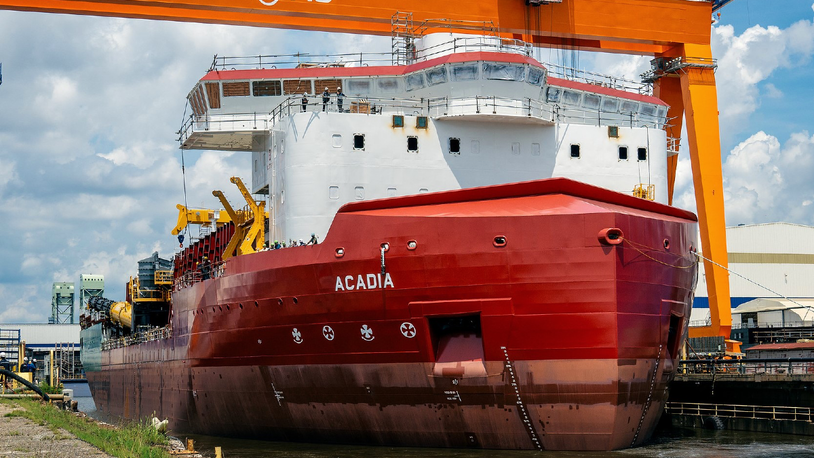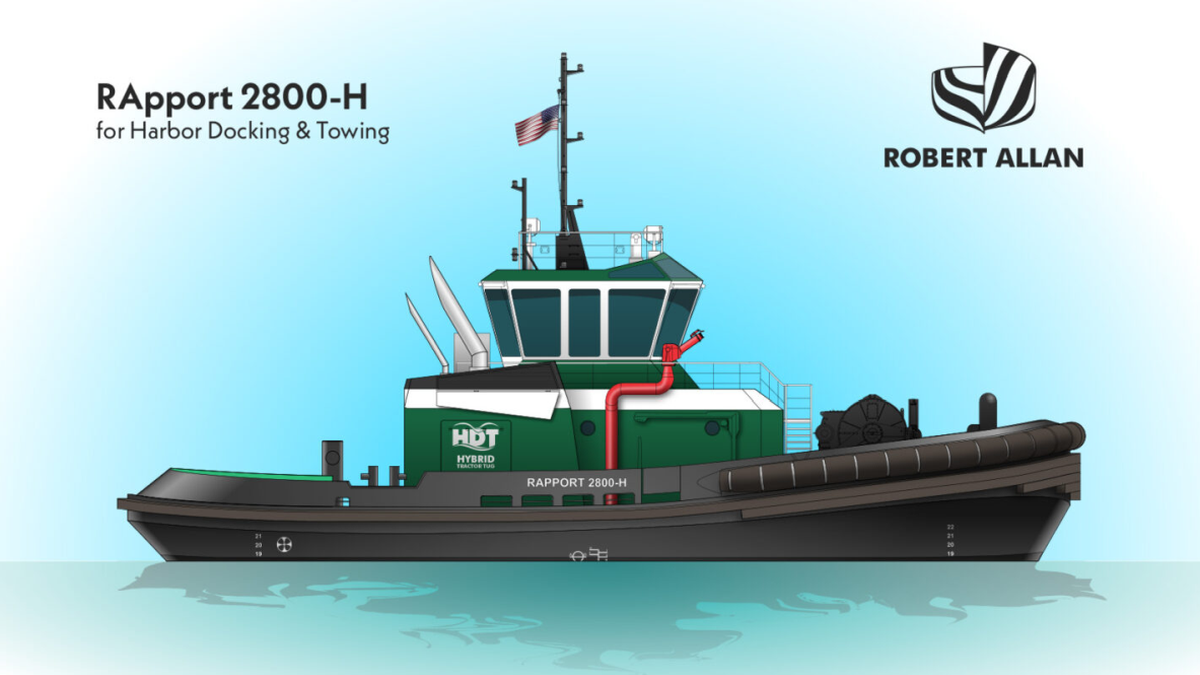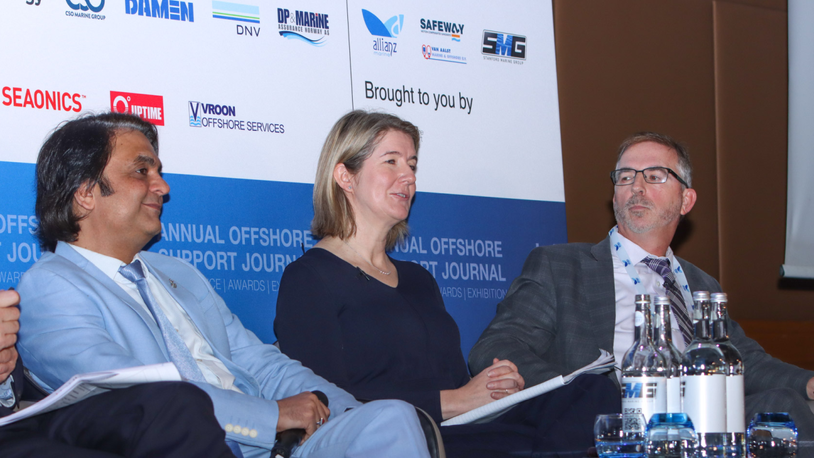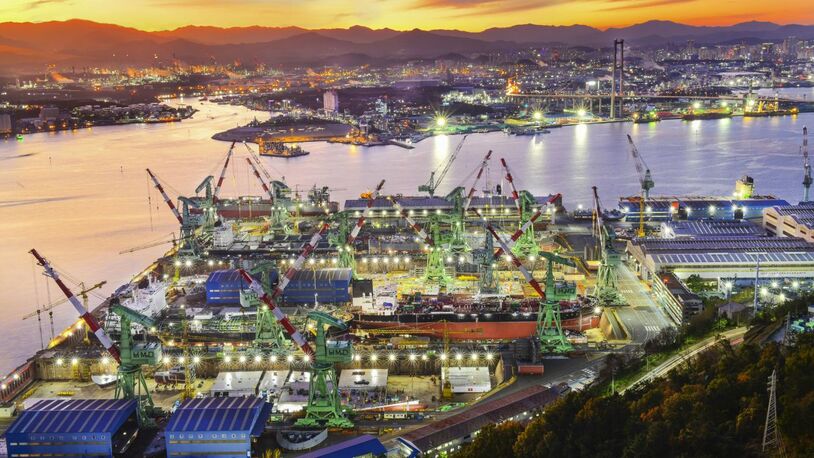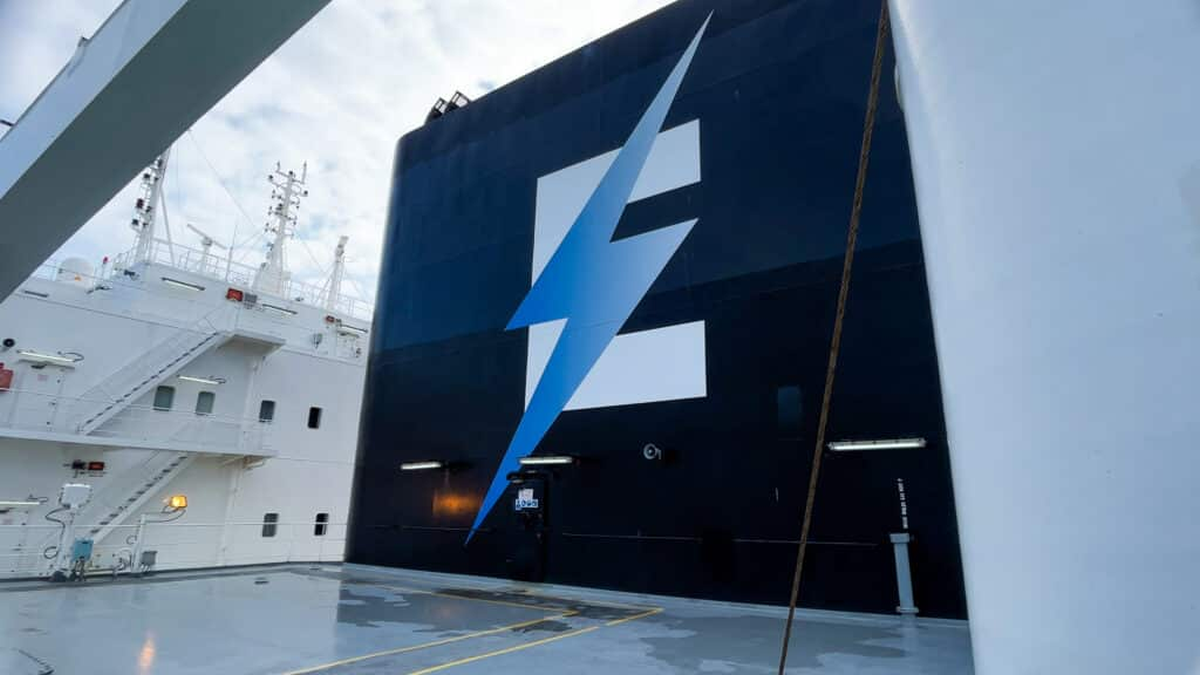Business Sectors
Events
Contents
Register to read more articles.
Greek shipping in transition: steady growth amid consolidation
Big Greek shipping companies are becoming even larger, while smaller owners are fading into the background, according to a recent analysis by Petrofin Research, led by Ted Petropoulos
Data from the Greece-based research firm revealed in 2023, 83 owners with a combined fleet of 3,617 vessels, totaling 376.6M dwt controlled 79.3% of the Greek-owned fleet. This elite group of companies, each owning fleets exceeding 1.0M dwt, is approaching the historic high of 80.3% market share achieved in 2019.
The number of Greek shipping entities with fleets of 25 or more vessels rose to 57 in 2023, the highest number ever recorded. These companies now account for 67.4% of the Greek-owned fleet. Additionally, the number of owners with 16-24 vessels increased to 40 for the first time, marking a 10.8% year-on-year rise in dwt terms. Their market share currently stands at 11.2%.
Conversely, the number of middle-sized and smaller owners has decreased. There are now 302 companies controlling 1-4 vessels, down from 306 in 2022, representing just 5.0% of the total fleet. The number of companies with 9-15 vessels also declined significantly in 2023, reducing their market share to 9.5%.
“It is anticipated the consolidation of Greek shipping companies will continue at a steady pace. However, the average size of a Greek shipping company is expected to grow, both in terms of fleet size and dwt,” noted Petrofin.
This consolidation has reduced the number of Greek shipping companies to 592 in 2023, compared with 599 in 2022.
Steady fleet growth
Despite these shifts, the Greek-owned fleet has continued to grow steadily. According to Petrofin, it now comprises 6,494 vessels totaling 475M dwt, an increase of 85 vessels and 2.0% in dwt compared with 2022.
The Greek dry bulk fleet grew by 5.0%, while the container vessel fleet saw a 6.2% increase in dwt terms. The LNG sector experienced the largest growth, with a 14.6% surge, followed by the LPG sector with an 11.5% rise.
In contrast, the tanker fleet decreased by 45 vessels, or 3.4% in terms of dwt, annually. This reduction is likely linked to the significant sales of older tankers by Greek owners in the secondhand market.
Petrofin cites UNCTAD data, which shows the Greek shipping fleet maintains a strong lead over those of China and Japan.
The growth of Greek shipping is further supported by a substantial orderbook, reflecting latest newbuilding deals for tankers and gas carriers. Petrofin highlighted the Greek orderbook climbed 78.0% to 43.0M dwt in mid-2024, up from 24.2M dwt for the entirety of 2023. Most of the vessels under construction are conventional eco Tier III, which offer a commercial advantage over older vessels and are more cost-effective compared with dual-fuel or alternative-fuelled tonnage.
Greek shipping is experiencing steady growth amidst consolidation, highlighting the evolving dynamics in the tanker market. This topic aligns with the discussions at the Tanker Shipping & Trade Conference 2024, where industry experts will examine market trends, fleet strategies, and the future outlook for tanker operations. Gain insights into how these changes are shaping the industry and what it means for stakeholders.
Learn More
Related to this Story
Events
Maritime Regulations Webinar Week
Floating energy: successfully unlocking stranded gas using FLNGs and FSRUs
© 2024 Riviera Maritime Media Ltd.




